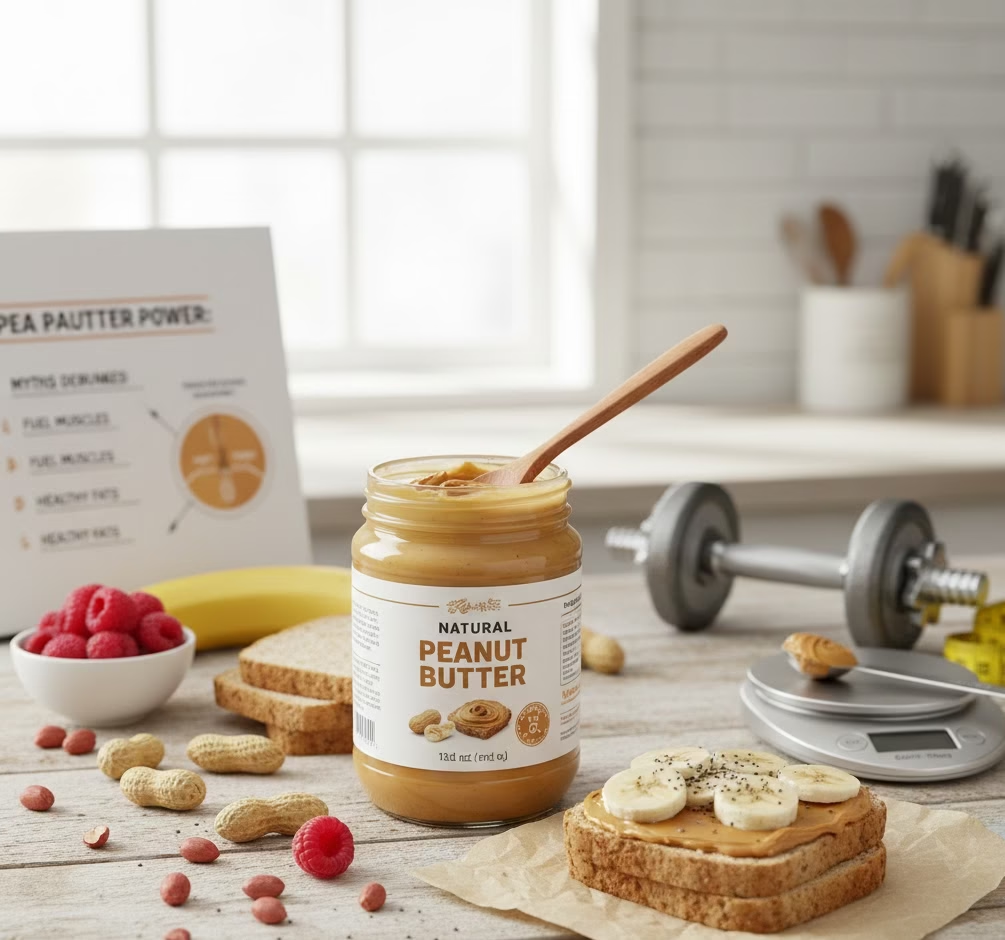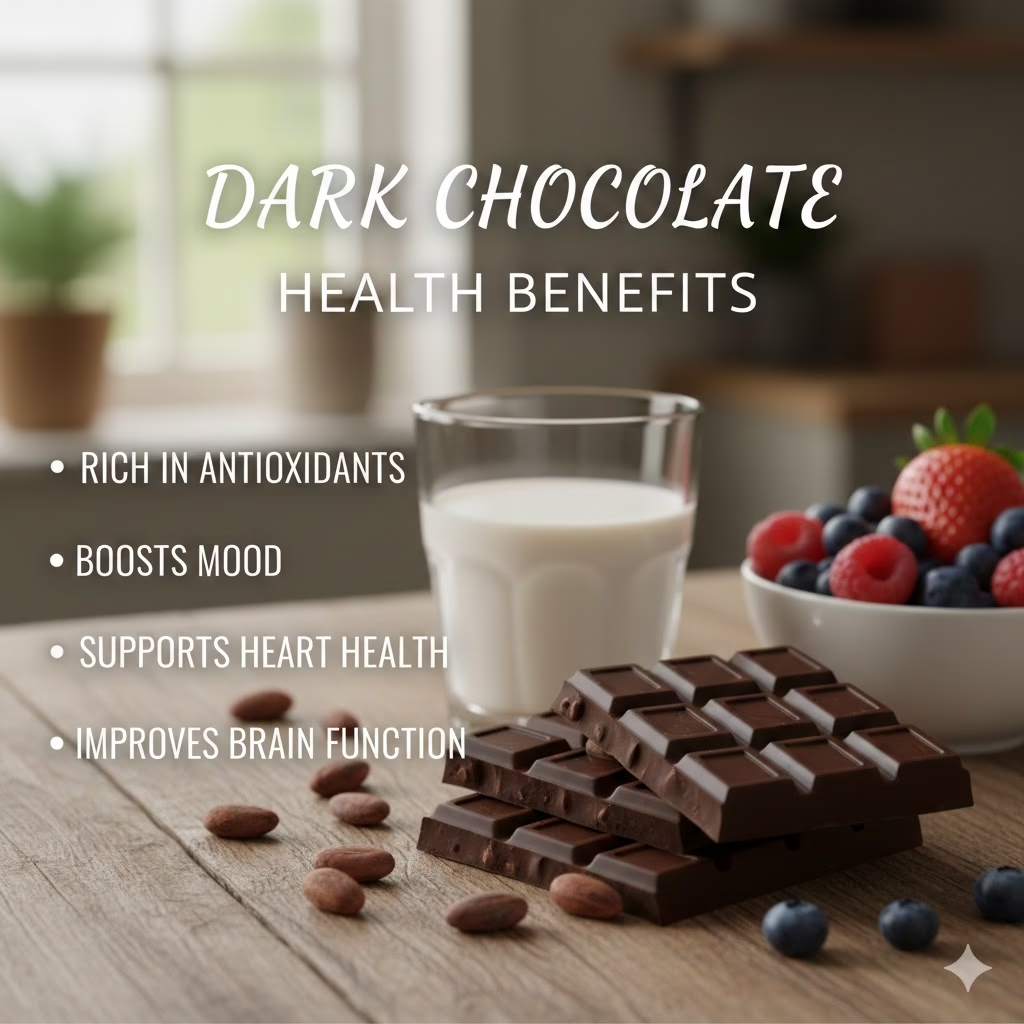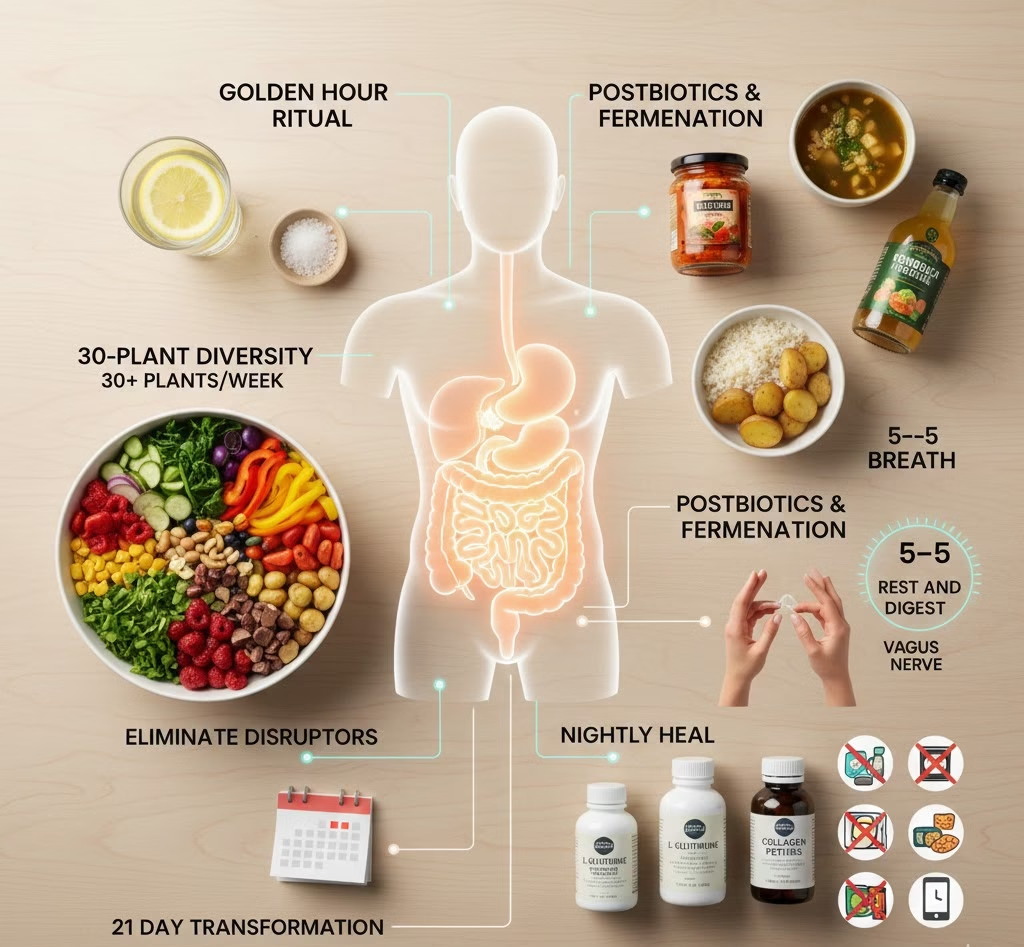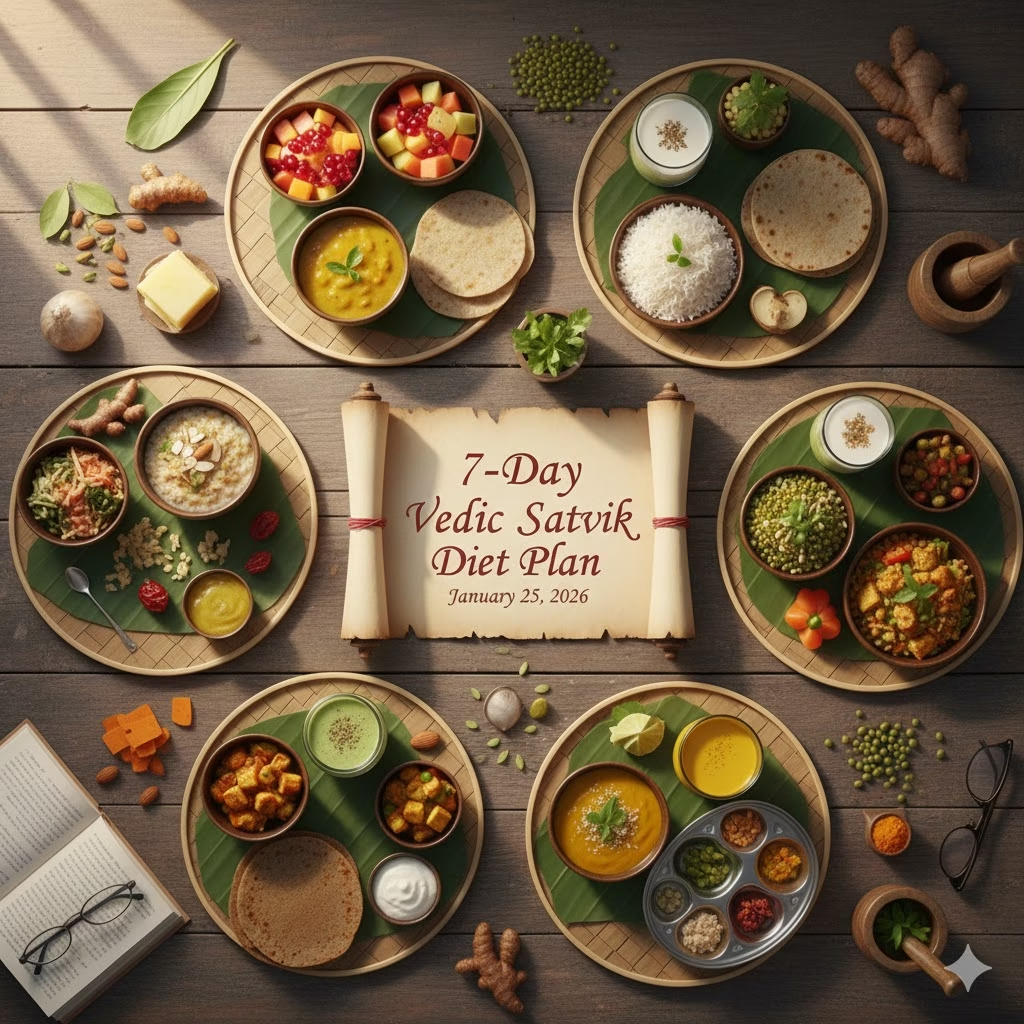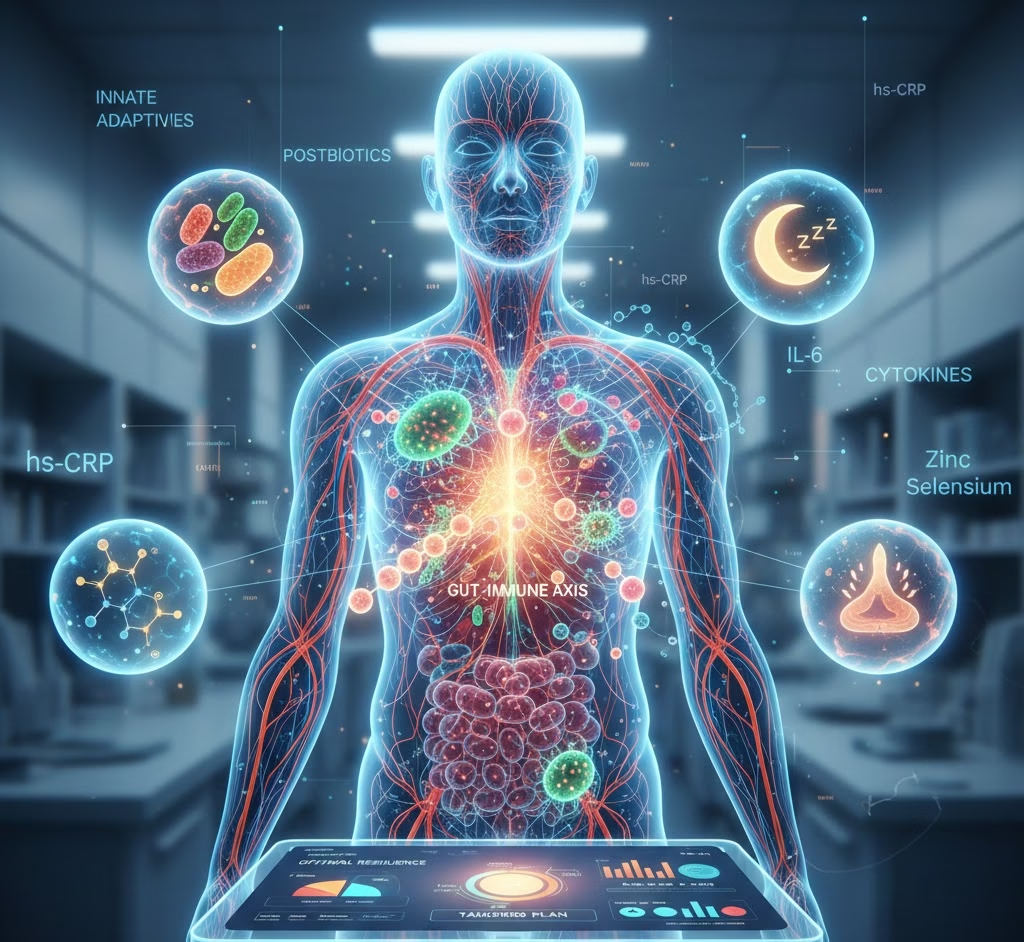
If you’ve ever asked yourself how to squeeze more out of your workouts, you’re certainly not alone. What and how much you consume before and after exercise can mean everything—not merely in terms of how you’ll feel during your workout, but also in the way your body recovers and adapts in the hours that follow. Imagine your body as a high-performance engine: the proper fuel in the proper timing keeps everything going fine, be it muscle building, weight loss, or simply staying energized.

Pre-Workout Fueling
Timing is everything when pre-exercising with food. If a couple of hours have passed since your last meal, a small, easily digested snack can carry you through your exercise. As sports dietitian Heidi Skolnik explains, it’s not about calories—it’s about being well-fueled to support the energy demands of your activity and maintain your intensity.

For early morning exercises or after working long hours, a half banana, a small cup of applesauce, or a serving of crackers can provide that energy boost you require without leaving you feeling weighed down. If you have a little more time before your workout, a slightly larger snack with some protein or fat component—such as yogurt, a half sandwich, or crackers and hummus—can be a great choice.

Fueling Through Longer Workouts
When you’re working hard for over an hour—such as on an extended run, bike ride, or aggressive sports training—mid-workout fueling comes into play. A spoonful of honey, a handful of jelly beans, or one tiny energy gel is enough to keep you fueled and avoid the dreaded wall.

Post-Workout Nutrition
What you consume after your exercise is as important as what you consume beforehand. This is when your body gets the opportunity to recover, rebuild muscle, and restore energy reserves. A snack or meal of a combination of protein and carbs within an hour of exercise can kickstart recovery.

Dairy products and other foods rich in the amino acid leucine are especially effective at helping your muscles rebuild. According to research summarized by Verywell Health, spreading your protein intake throughout the day—around 20 to 40 grams every few hours—is ideal for muscle recovery and growth. The exact timing of your protein shake isn’t super critical, but getting enough protein overall is what counts, especially if you’re lifting weights or doing high-intensity training.

If You’re Trying to Lose Weight
If you are trying to lose weight, food and timing near exercise change slightly. Working out on an empty stomach may assist your body in burning more fat for fuel, provided your blood sugar is not a problem and you’re fine. If you like to eat first, have something light and uncomplicated. Fruit with a bit of protein or a little yogurt would be good.

After lighter training, you may not require a special recovery meal—just continue with ordinary, balanced meals every four to five hours. But after hard workouts such as weight training or prolonged cardiovascular exercise, a protein-packed snack or shake within an hour is a good idea. It aids in muscle recovery and prevents you from getting too hungry later in the day.

For People with Diabetes
If you’re managing diabetes or taking insulin, meal timing gets even more important. Working out soon after a meal and insulin dose can raise the risk of low blood sugar. It’s often safer to exercise before eating and taking insulin, but always check your blood sugar first and have fast-acting carbs nearby, just in case. Talk with your healthcare provider about how to adjust your insulin around workouts to stay safe and balanced.

What About Protein Shakes?
Protein shakes can be such a convenience, particularly if you struggle to get enough protein through food. There are many choices—whey, casein, soy, pea, rice, hemp, egg, collagen—and each has subtle advantages. For most individuals, the main thing is to meet their daily protein requirement, not get bogged down with the timing of their shake. That being said, getting one after a challenging workout or before sleep (casein is excellent for nighttime repair) will serve to provide your muscles with what they require to recover and build.

Don’t Forget Hydration
Hydrating is as key as fueling, particularly with tough or lengthy workouts. And your daily meals aren’t an exception. Consecutive meals throughout the day provide your muscles with fuel, your mood with stability, and your hormones with regulation. Missing meals or failing to eat sufficiently can cause you to feel sluggish, sabotage your performance, and even increase your risk of injury.

Meal planning and snacking around your workouts—and matching them to your goals—can maximize what you get from each session. Whether your goal is a personal best, getting lean, or simply feeling stronger and more vibrant, effective nutrition is one of the best weapons you have at your disposal.




